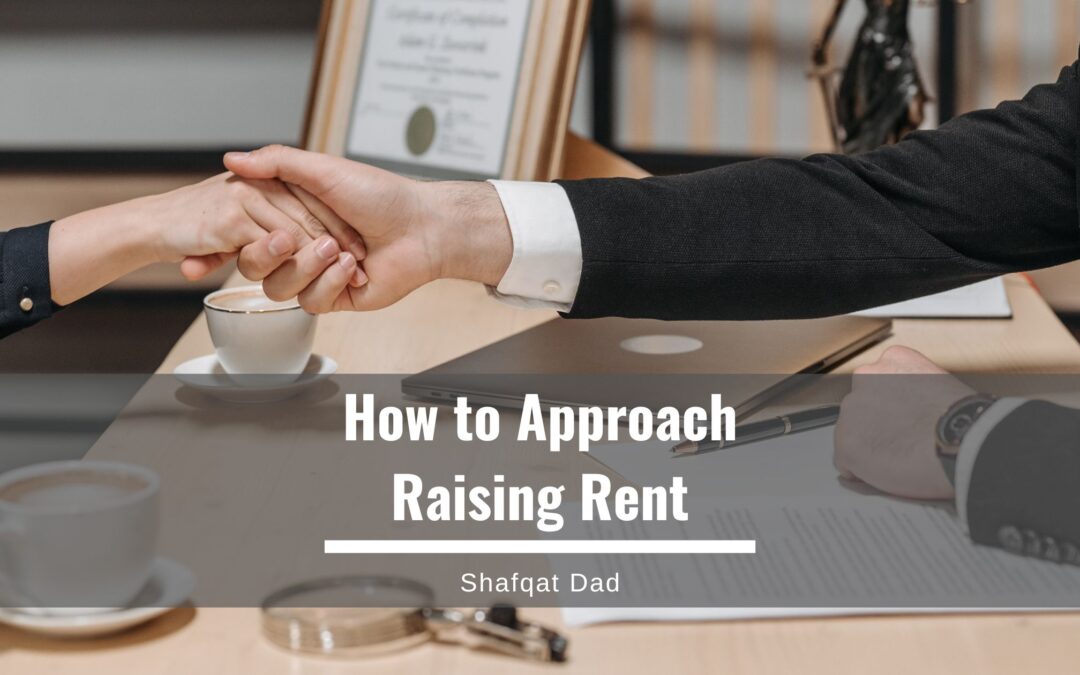As a landlord or property manager, one of the most challenging tasks is determining when and how to raise the rent on your rental properties. Deciding to increase rent requires careful consideration, as it can impact your tenants and business.
Evaluate the Market Conditions
Before raising the rent, evaluate the current market conditions in your area. Research the rental rates for similar properties to understand the landscape. Location, amenities, and property conditions can influence the rental market. By comparing your property’s rental rate with others, you can gauge whether a rent increase is reasonable and justified.
Review Lease Agreements
Carefully review the lease agreements for your tenants to determine the terms and conditions regarding rent increases. Check for any rent increase limitations or restrictions specified in the lease, such as rent control regulations or rent increase notice periods. Complying with legal requirements and ensuring that any rent increase aligns with the lease terms is critical.
Consider Operating Expenses
Assess your property’s operating expenses before deciding on a rent increase. Consider factors such as property taxes, insurance, maintenance costs, utilities, and any other fees associated with the property. Raising the rent to cover the additional charges may be appropriate if expenses did increase. However, it is essential to balance covering costs and maintaining tenant satisfaction.
Plan a Reasonable Increase
When determining the amount of the rent increase, it is crucial to be fair and reasonable. A sudden and significant increase can lead to tenant dissatisfaction, increased turnover, and potential legal issues. Calculate the percentage increase based on the current rent and the market conditions, aiming for a figure that aligns with the current rental rates in your area. Incremental increases over time are often better received than a significant, sudden jump in rent.
Communicate Clearly and Professionally
Once you have decided on a reasonable rent increase, it is essential to communicate this decision to your tenants clearly and professionally. Draft a formal written notice explaining the reasons for the growth, such as rising operating costs or market conditions. Include the effective date of the increase and provide a new rental amount that will be applicable. Ensure that the notice complies with any legal requirements regarding notice periods.
Address Tenant Concerns
When informing tenants about a rent increase, anticipate that some may have concerns or questions. Be prepared to address these concerns and provide supporting information as needed. Emphasize the value and benefits tenants receive from renting your property, such as well-maintained common areas, prompt repairs, or amenities. Listening to your tenants’ concerns and showing empathy can help maintain a positive landlord-tenant relationship.
Follow Legal Requirements
Ensure compliance with applicable laws and regulations regarding rent increases. Some jurisdictions have specific guidelines and restrictions on rent increases, including notice periods, limitations on frequency, or maximum allowable percentage increases. Familiarize yourself with these regulations to avoid legal issues or tenant disputes.
Document the Rent Increase
Keep a record of the rent increase notice and any communication with your tenants regarding the increase. This documentation can serve as evidence for future disputes or misunderstandings. Maintain precise records of rent payment history and any adjustments to the rent amount. Accurate and organized documentation is essential for maintaining transparency and resolving potential conflicts.

